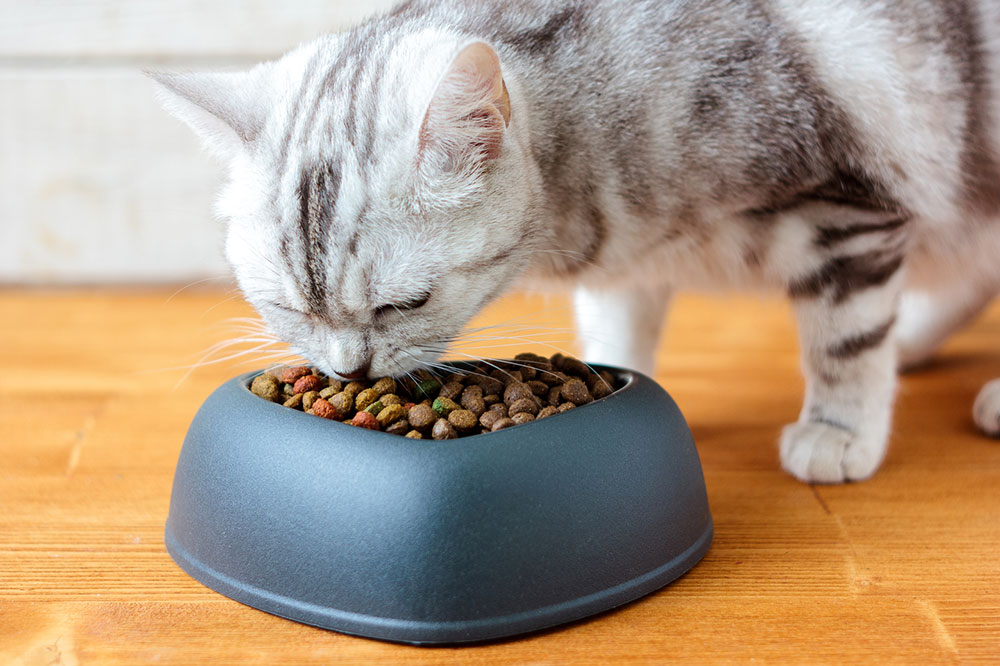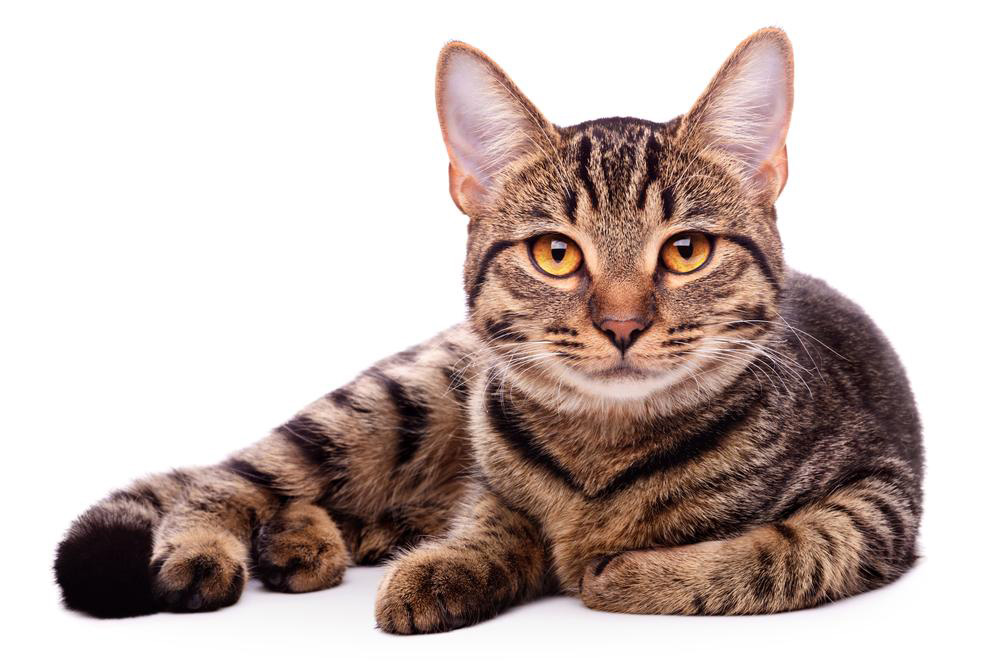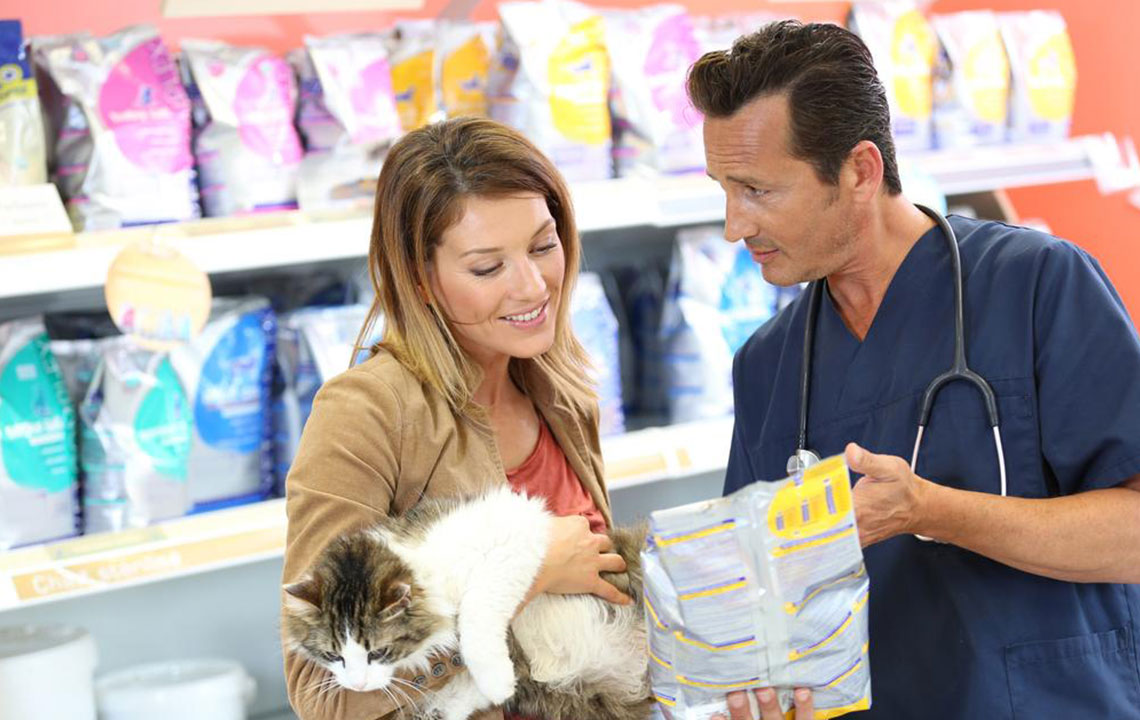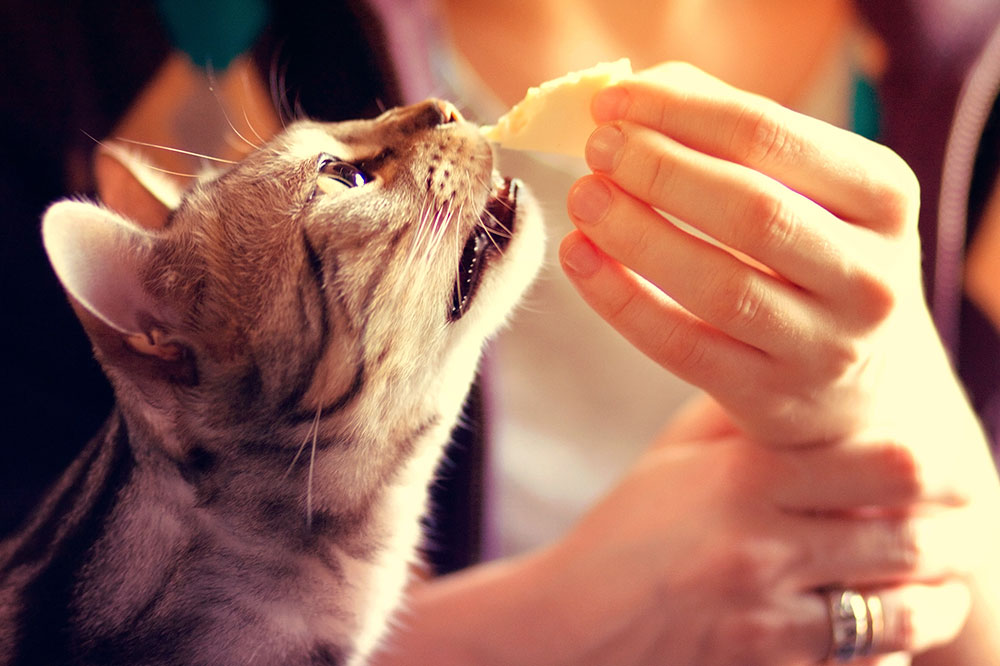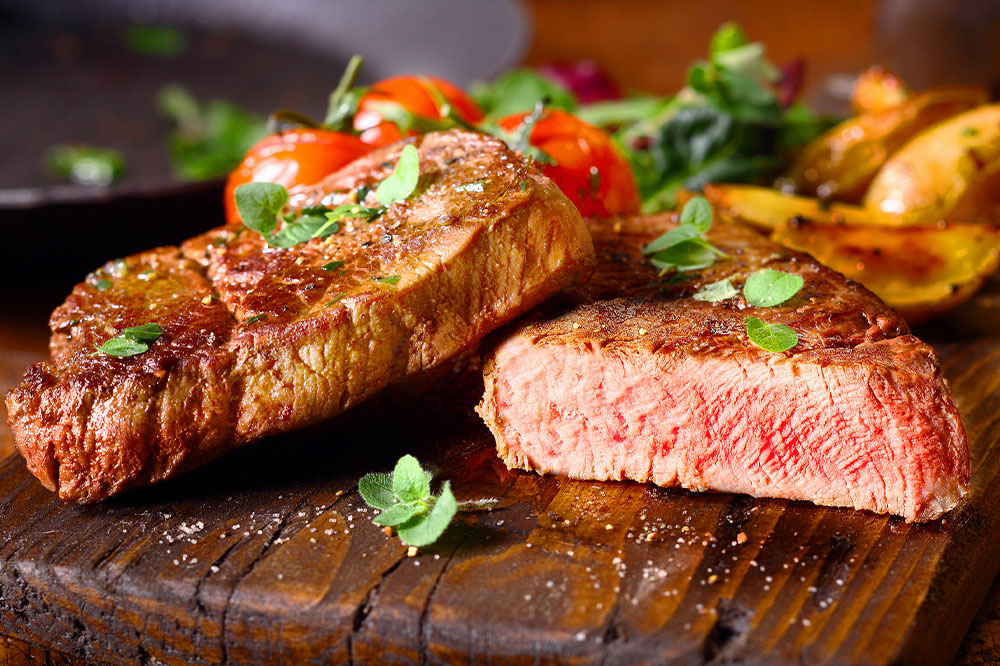Smart Strategies to Pamper Your Cat While Ensuring Their Health and Happiness
Discover responsible and effective ways to pamper your cat while maintaining their health. From gradual diet changes, flavor enhancers, to portion control, learn how to show love without overindulgence. Create balanced routines that promote your pet’s happiness and longevity. This comprehensive guide helps you nurture your feline companion responsibly, ensuring they feel loved and stay healthy for years to come.
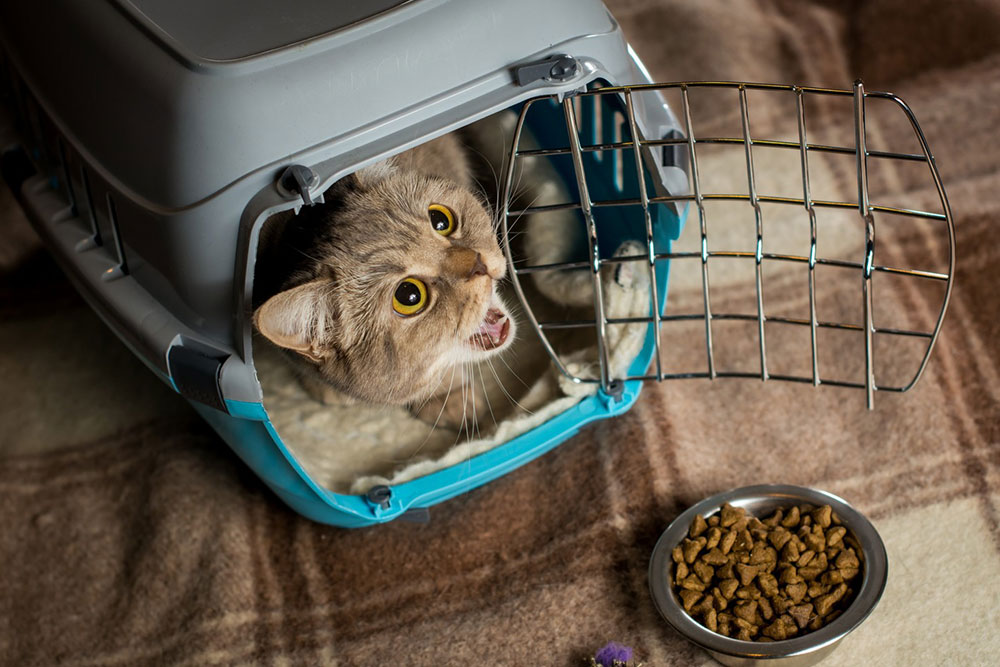
Smart Strategies to Pamper Your Cat While Ensuring Their Health and Happiness
As a devoted cat owner, you naturally want to pamper your feline friend and show them love in many ways. From tasty treats to extra cuddles, it's understandable to want to indulge your cat’s desires occasionally. However, it's crucial to find a balance that keeps your beloved pet healthy and happy without risking overindulgence that could lead to health issues such as obesity, diabetes, or reduced lifespan. This comprehensive guide offers effective, responsible ways to spoil your cat while maintaining their overall well-being. By implementing these strategies, you can demonstrate your affection without compromising their health, ensuring a happy, long, and vibrant life for your furry companion.
Pet owners often find joy in giving their cats treats, petting sessions, or special foods to reinforce their bond. Nonetheless, overdoing these gestures can sometimes be counterproductive. Excessive treats and rich foods can contribute to weight gain, nutritional imbalance, and other health concerns. Therefore, understanding how to pamper your cat responsibly is essential. In this article, we'll explore practical techniques and habits that strike a healthy balance between affection and care. Whether you're introducing new foods, managing treat intake, or creating enjoyable routines, these tips will help you nurture your feline friend's physical health and emotional well-being.
Gradual Food Transitions for Sensitive Cats
Introduce New Foods Slowly
If your cat is a fussy eater or has become accustomed to certain familiar foods, suddenly switching diets can cause stress and reluctance to eat. To mitigate this, it's best to incorporate new foods gradually. Mix a small amount of the new food with the old, increasing the ratio over several days. This slow transition allows your cat’s digestive system to adapt and reduces resistance, making mealtime less stressful and more successful. Patience and consistency are key to ensuring your feline is happy with the new diet.
Enhance Meal Appeal with Flavor Boosters
Use Low-Sodium Chicken Broth
Many cats are naturally attracted to flavors they associate with meat. If your pet is being particular about eating, a little splash of low-sodium chicken broth can work wonders. Not only does it add flavor, but it also encourages hydration, which is beneficial for overall health. Be cautious to choose broths free from onions, garlic, or artificial additives, as these can be harmful to cats. Using this simple trick enhances mealtime appeal without resorting to unhealthy or overly indulgent foods.
Maintaining a Healthy Diet: Limit Table Scraps
Minimize Human Food Leftovers
While sharing a bit of your dinner with your cat might seem harmless, regular consumption of table scraps can lead to nutritional imbalances and undesirable behaviors. Human foods often contain ingredients that are not suitable for cats, such as spices, salt, or fats, which can cause digestive issues or long-term health problems. To uphold a balanced diet for your feline, focus on providing specially formulated cat food and reserve table scraps for occasional treats, if at all. Consistency in diet helps maintain their health and prevents unhealthy preferences.
Controlling Treat Intake for Optimal Health
Set Boundaries and Use Healthy Treats
Treats are a popular way to reward or bond with your cat, but excessive or careless giving can do more harm than good. Overindulgence may lead to obesity, nutritional imbalance, or decreased appetite for essential meals. To prevent these issues, create a routine where treats are given in moderation, ideally limited to small, healthy options such as freeze-dried meat or specially formulated cat treats low in calories and additives. Establishing a treat schedule and measuring portions ensures that your pet enjoys these rewards without risking their health. Remember, treats should complement a balanced diet, not replace it.
Creating a Balanced Routine for a Happy Cat
In addition to careful diet management, establishing a structured routine can significantly improve your cat's quality of life. Regular feeding schedules, playtime, and affection sessions promote stability and reduce stress. Engage your feline with stimulating toys and interactive activities that cater to their natural hunting instincts, encouraging physical activity and mental engagement. Regular vet check-ups and monitored weight management are also vital components of responsible pet ownership. By fostering a balanced routine, you nurture your cat’s physical health and emotional happiness, deepening your bond and ensuring their long-term well-being.
Ultimately, pampering your cat doesn't mean overfeeding or overindulgence but rather showing love responsibly. Small, thoughtful actions combined with healthy habits can make your pet feel cherished while remaining healthy. Remember, your attentive care and moderation are what keep your feline friend thriving. Responsible pampering is about enriching their life—giving them comfort, security, and joy—without compromising their health. With these strategies, you can confidently indulge your cat, knowing you are doing right by their longevity and happiness.
